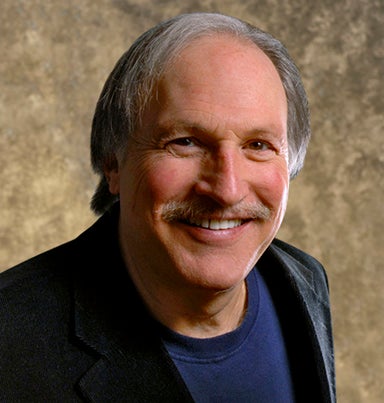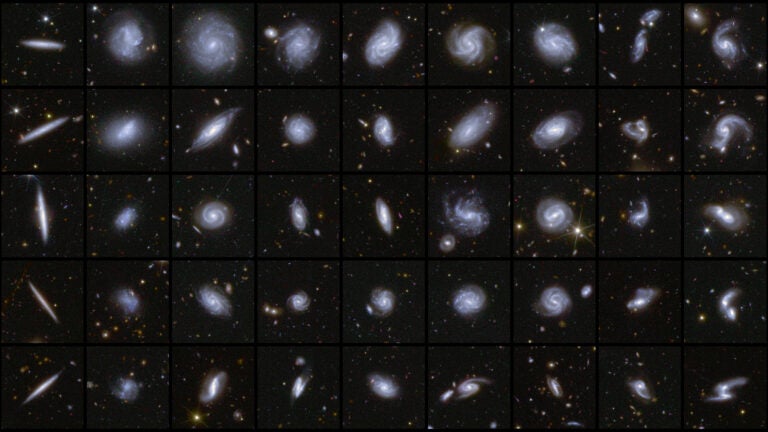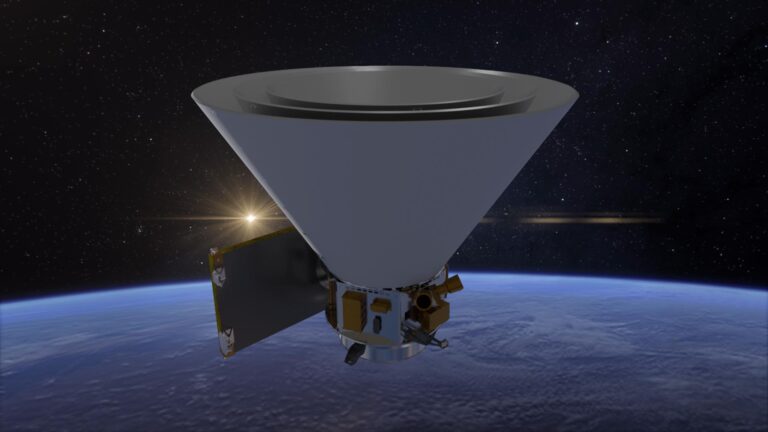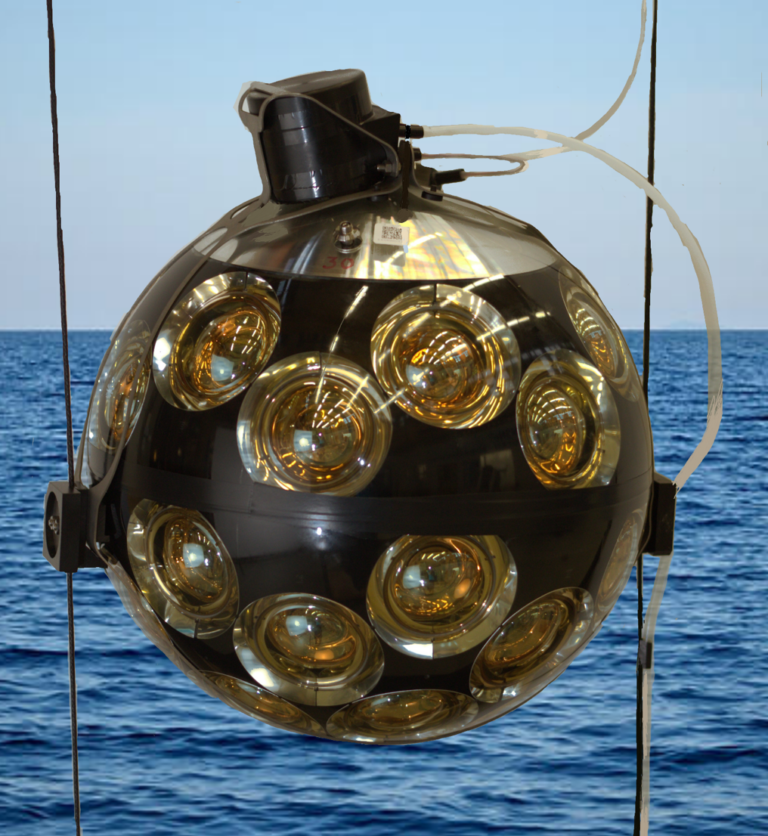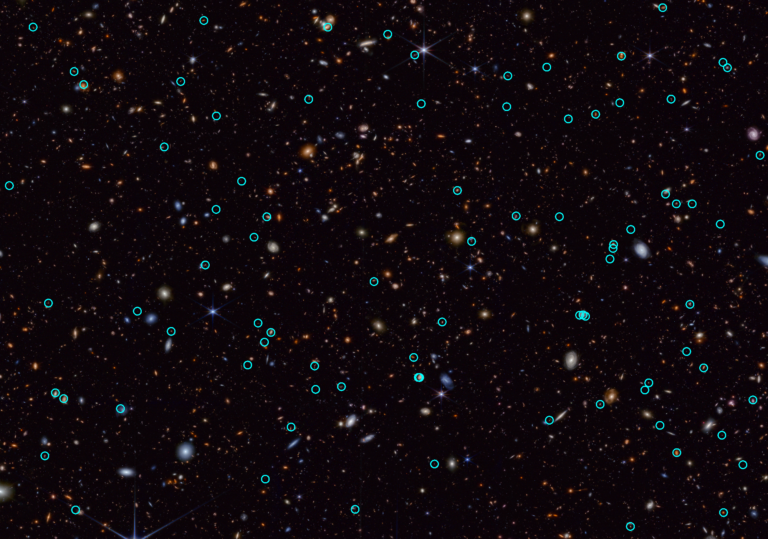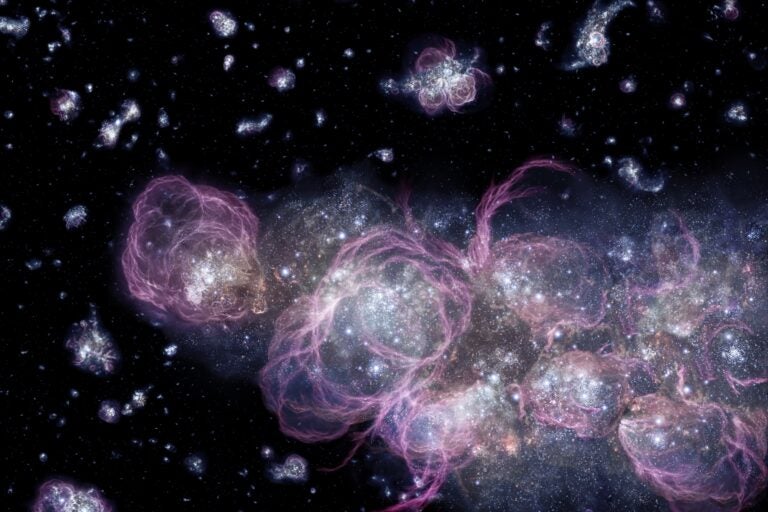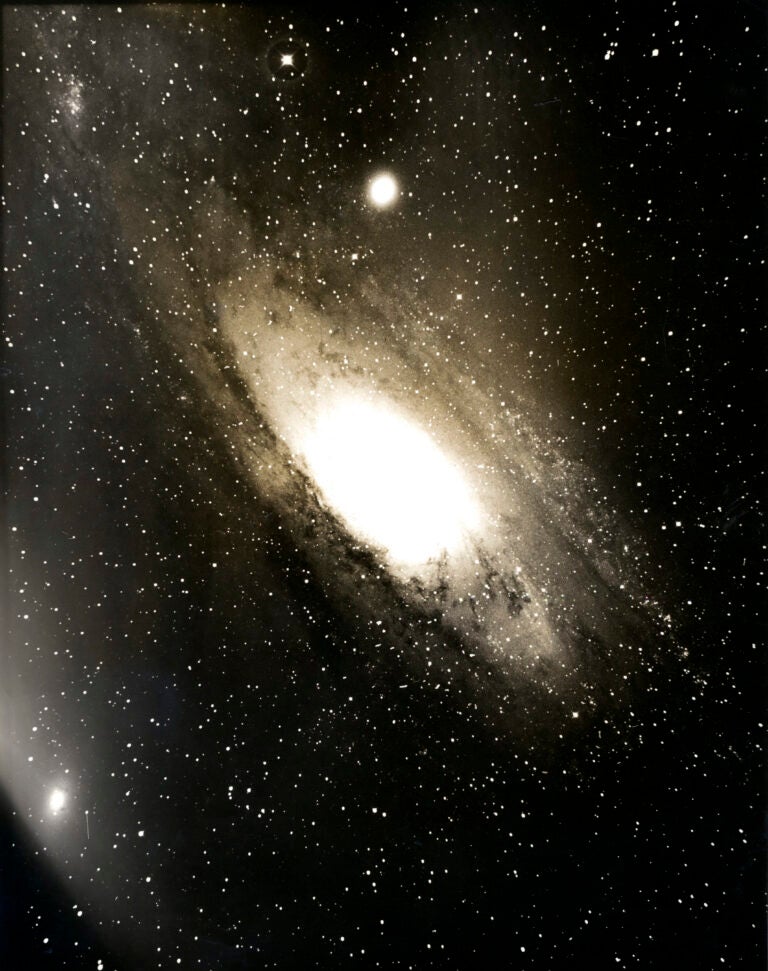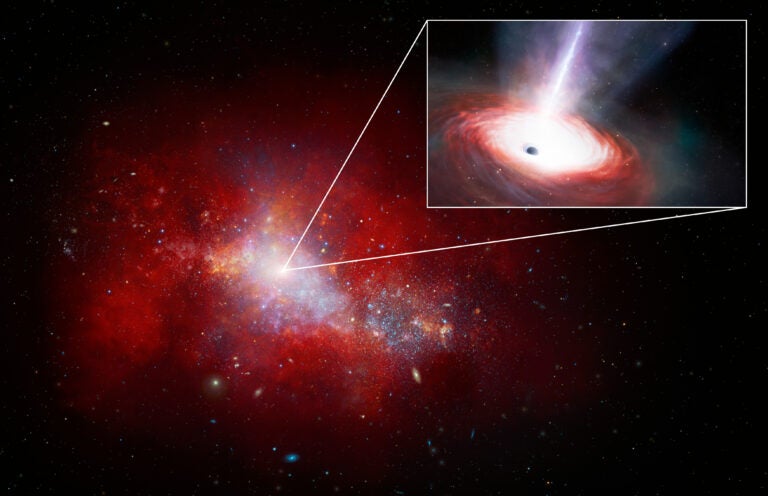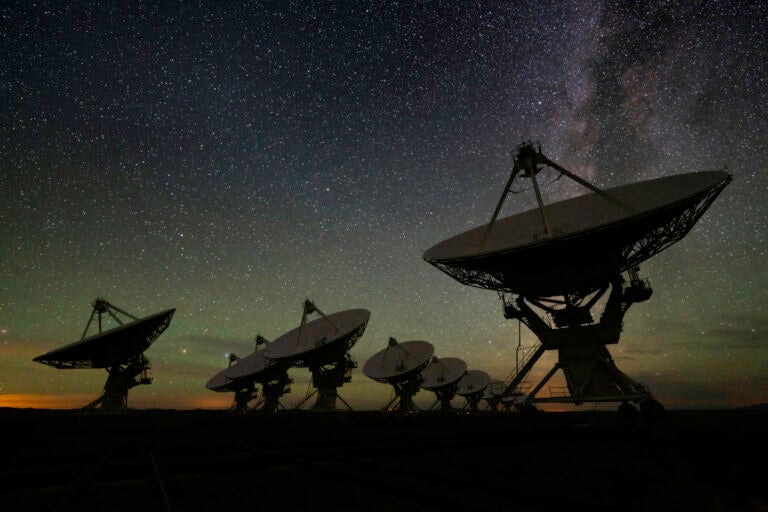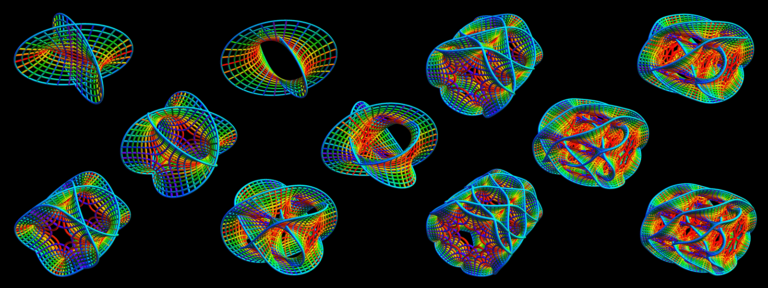Hey, whoa, that’s a no-no. We don’t bring religion into these pages. This is a science magazine, and introducing spirituality is as wise as inviting the Three Stooges into a crystal glassware shop.
Yet for some crazy reason, religion creeps into some popular science media. Each episode of the new Cosmos TV series that ran on FOX this past spring featured religious putdowns. For example, in an animation during the first episode, poor Giordano Bruno, burned at the stake in the year 1600 for believing in possible life among the stars, is approvingly shown turning his head disgustedly away from a crucifix.
Not surprisingly, religious groups have been howling. It’s not lost on them that the original 1980 Cosmos was written and hosted by Carl Sagan, a self-proclaimed agnostic. This new incarnation, produced by his widow, Ann Druyan (also a writer of the original), continues the series’ conviction that a belief in God is a superstition anathema to science.
The second episode, focused exclusively on evolution, deliberately zoomed to the architecture of the eye — a battleground area for “Intelligent Design” folks who say that evolution cannot explain the eye’s initial formation, given its interdependent structures.
In reality, some astrophysicists are agnostics or atheists while others are religious. Today’s topic is whether either viewpoint belongs in a science program or publication. Fact is, 74 percent of Americans believe in God, and very few would abandon their faith just because host Neil deGrasse Tyson keeps suggesting the cosmos is all one big accident. Indeed, the majority of the world regards the universe as suffused with an overarching intelligence.
As we know, science says that one strange moment long ago, the cosmos suddenly appeared out of nothingness. Thereafter, random motions eventually produced golden retrievers and all the rest.
This view is neither wrong nor right. It’s merely science acting appropriately. Its method is to observe and experiment in order to figure out what’s going on. What we do with scientific results is another story. Some believe the universe is fundamentally dumb and its machinations random. Others see an underlying intelligence in nature but don’t try to explain it. Still others advocate a separate “Creator” that stands apart from the universe.
ATHEISTS CANNOT PROVE GOD’S NONEXISTENCE, NOR CAN RELIGIOUS FOLKS PROVE THE OPPOSITE.
We live in perilous times when runaway carbon-dioxide emissions are a reality and human-produced climate change is extremely likely. We cannot afford to let significant numbers of people misunderstand or disparage science. And while we’re discussing how to make science more attractive, a little less arrogance wouldn’t be bad. The phrase “we do not know” — which deserves to be applied to the spatial extent of the cosmos and whether it is infinite, the question of time’s validity, the origin of consciousness, the genesis of life, dark energy, and a host of other big-ticket issues — might improve science’s trustworthiness.
Then there’s the matter of lazy language. Was the Big Bang the birth of the universe, as many often claim? Certainly not. It’s merely the earliest event of which we have knowledge. Better would be calling it the birth of the observable universe while conceding that no one knows if the underlying cosmos had any sort of beginning.
Another never-discussed realm is that of the unknowable. Just as probably no one will ever know if cats dream in color, we likely can never learn what preceded the Big Bang, the nature of the “other universes” in the multi-universe model, or what dwells over the horizon beyond which our telescopes can observe. The encyclopedia of our obliviousness always dwarfs our notepad of the known. Such blindfolds might inspire a little humility.
Then you have myriad wild alternative cosmological possibilities that could be knowable. These range from the improbable to the likely. Is the entire universe an unrecognized form of life? Is the cosmos correlative with perception? Does the observer, as the late physicist John Wheeler and many quantum folks insist, influence what is observed? Does the proven reality of EPR correlations (entangled particles) suggest distance and space have different meanings from what we’ve long assumed? Is the past alterable? Is there an omnipresent, virtually limitless vacuum energy that we might someday exploit?
When it comes to understanding cosmology, we’re still in our infancy and the fun is just beginning. But let’s leave stuff like religion out of it.
Contact me about my strange universe by visiting http://skymanbob.com

